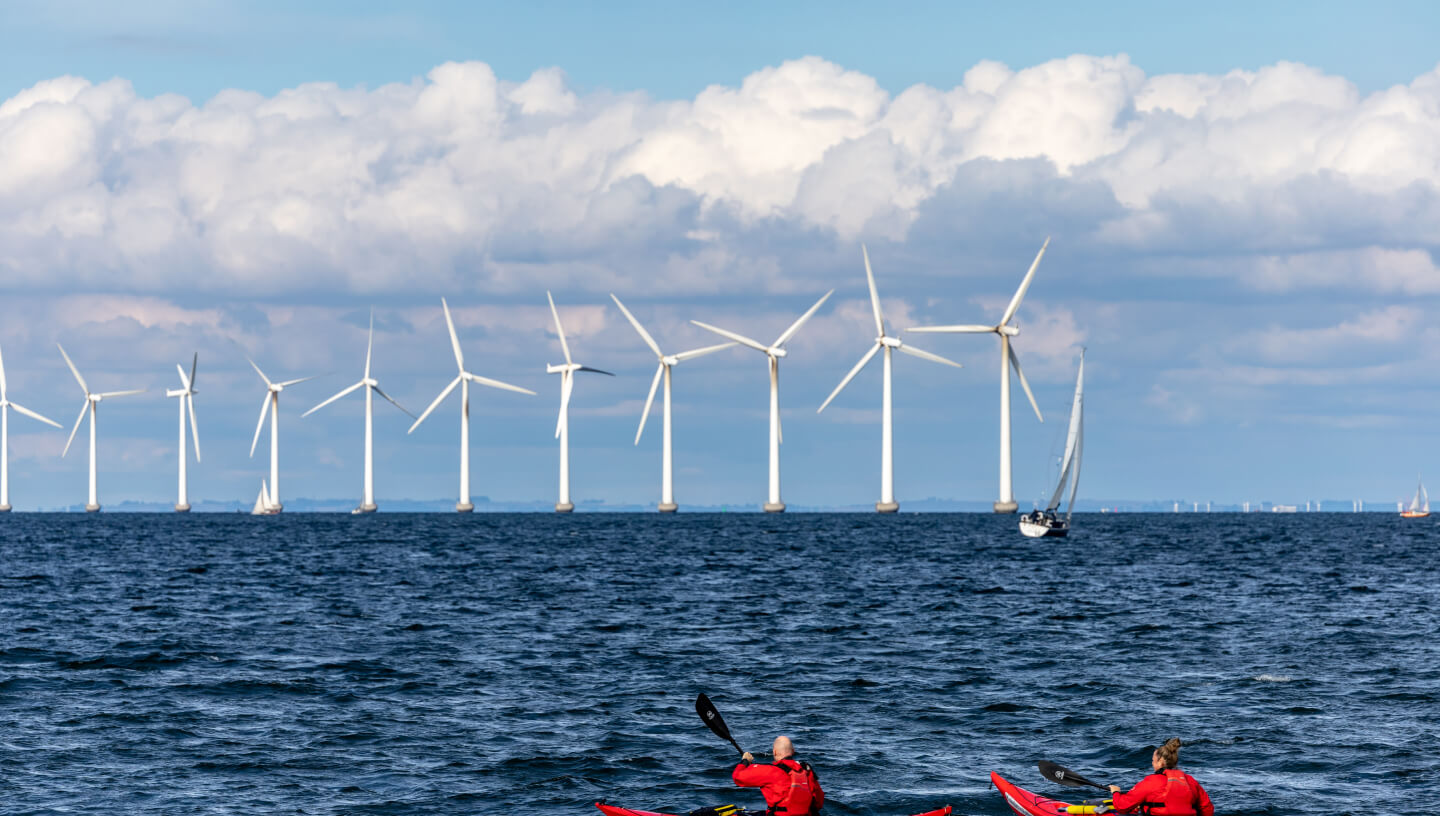21.11.2022
Fighting global warming will not be possible without transforming the energy sector
 Photo by: Alexander Farnsworth / iStock
Photo by: Alexander Farnsworth / iStock
One day of the UN Climate Conference COP27 was devoted entirely to the topic of energy. The experts noted that, despite the arguments of scientists, many countries continue to increase production of oil, gas and coal.
In order to avoid a climate catastrophe, the global temperature increase must be kept within 1.5 degrees. To do so, greenhouse gas emissions must be reduced by at least 40 per cent by 2030, and zero emissions by 2050, given that forests and oceans absorb CO2.
“We’ve barely moved on. And the year after Glasgow has frankly been a year of climate procrastination. We need to reduce emissions by 30–45% by 2030, but since COP26 we have only reduced emissions by 1%. So we still have a long way to go,” said Inger Andersen, head of the UN Environment Programme (UNEP).
She also pointed out that the world is now 1.1 degrees warmer than in the pre-industrial era. This is already leading to more frequent storms, droughts, floods and crop failures, as well as changing where crops are grown.
Today, more than 2/3 of global greenhouse gas emissions come from the fossil fuel energy sector. It is therefore not possible to implement plans to curb the rise in global temperatures without reforms in this area. Experts see a solution to this problem in the development of renewable energy sources (RES).
According to the International Renewable Energy Agency, renewables currently account for just 29% of global energy production. However, many experts are optimistic. For example, according to Jim Skea, a member of the UN Intergovernmental Panel on Climate Change (IPCC), in recent years the costs of renewables have been falling and the scale of their development is increasing.
He recalled that, according to the IPCC report, to make the 1.5 degree temperature scenario a reality, a significant reduction in the use of coal, a reduction in oil production and a smaller but still reduction in the use of gas must be achieved in the short term.
IRENA Director General Francesco La Camera explained that the future of energy systems will depend to a large extent on renewable energy coupled with the use of green hydrogen and biomass.
“Today we have less than 1/3 renewables and 2/3 fossil fuels in the energy system. The situation will be completely different by 2050, when renewables and clean energy will account for more than 2/3 of energy... everything is changing,” he said and also stressed that the cost of using solar and wind energy has halved in the last two years.
Cover photo: BTWImages / iStock







































Comments